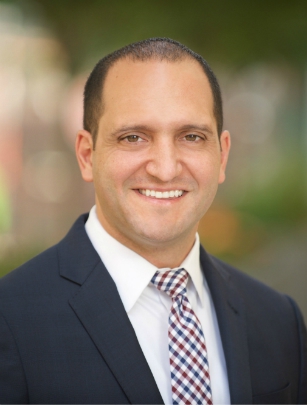Grounds for Contesting a Will
Undue Execution
Revocation
Incapacitation
Fraud
Undue Influence <<<<
The final part of this series on will contests in New York focuses on undue influence as a ground for contesting a will. Undue influence is one of the more common grounds and is often associated with incapacitation. This is due to the fact that a testator who is, or may be, incapacitated is particularly vulnerable to undue influence.
Undue Influence:
Undue influence is the final ground for contesting a will. The Objectant has the burden of proving that undue influence was exerted. Undue influence is defined as ‘influence that amounts to true moral coercion that destroys the Testator’s ability to act independently.’ The Objectant must produce substantial evidence that the testator’s actions did not reflect his actual wishes.
Undue influence is a question of fact, and in order to prove undue influence, the Objectant must show that the person who exerted undue influence was a beneficiary under the will, that he participated in the preparation or execution of the will, and that he exercised influence over the testator.
The court will consider many factors, including the relationship between the testator and the person who allegedly exerted undue influence, the opportunity for exerting that influence, the physical and mental condition of the testator, the testator’s contact with family members or loved ones, the testator’s dependence on the influencer, and the provisions of the will along with the provisions of any prior will. This is not an exhaustive list of factors, and the court will consider any relevant circumstances.
In most cases, a showing of motive and opportunity alone are not enough to support a finding of undue influence. However, if the testator made a gift to someone in a confidential relationship with him (such as an attorney, nursing home employee, doctor or guardian) and the Objectant can provide some other piece of evidence that could point to undue influence (for example motive and opportunity), then the jury can infer that undue influence was used even though no direct proof is offered.
Do You Need The Help Of An Estate & Trust Litigation Attorney In The New York Metro Area?
If you need legal help with an estate issue you should speak with an experienced estate litigation attorney as soon as possible. Contact us online or call our New York City office directly at 212.227.2424 to schedule your free consultation. We proudly serve clients throughout New York and northern New Jersey including Brooklyn, Manhattan, Queens, Staten Island, The Bronx, Nassau County and Westchester County.


